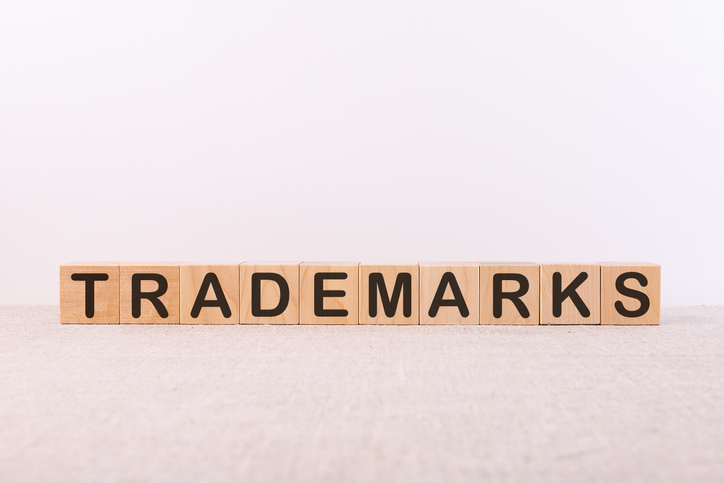From 1 September 2021 applicants and their trademark agents or representing agency will be required to sign and seal a “Letter of Commitment to the Good Faith of the Parties Requesting the Protection of Well-Known Trademarks” (当事人请求驰名商标保护诚信承诺书).
Background
Well-known status for Chinese trademarks is typically requested through:
- the China National Intellectual Property Administration (CNIPA), either directly or via the local Market Supervision Bureaus (MSBs) during administrative proceedings; or
- certain courts during legal proceedings.
Such status can be useful when trademark squatters attempt to register – or have already registered – an applicant’s mark, as having gained well-known status in the world’s second-largest economy adds an extra layer of protection.
Contents of the letter
The letter requires that both the applicant and its trademark agent or representing agency:
- pledge that they know the relevant provisions of the Trademark Law, Implementing Regulations of the Trademark Law, Regulations on the Recognition and Protection of Well-Known Trademarks and other laws and regulations on the recognition and protection of well-known trademarks, fill in and submit materials as required and follow the principle of good faith;
- ensure that the relevant information and evidential material in the opposition/review and adjudication documents are true, accurate and complete, and that there are no false circumstances such as forgery, alteration, concealment of evidence, and instigation, bribery and coercion of others to give false evidence.
- ensure that there are no dishonest acts, such as malicious collusion with the opposing party, and no other acts seeking to fraudulently obtain the protection of well-known trademarks by improper means.
Lastly, the signers must acknowledge that, if there is any violation of the above requirements, the applicant, the agency and the agent will be willing to bear the adverse consequences and corresponding legal liabilities.
Well-known status
Well-known status is coveted by all brand owners active in the China market, but is extremely difficult to secure, with very high thresholds of use and reputation within China. Recognition cannot be applied for on a standalone basis and must be asserted during administrative proceedings (through CNIPA or the local MSBs) or before the courts.
Applicants must generate and maintain proper records of evidence of use and reputation to support any request for well-known status. This often means engaging with the marketing team, as the latter has access to evidence that can showcase a company’s reputation and market share in China.
Outlook
Trademarks continue to play an important role in promoting the sustainable development of China as a rising economic superpower. For the first time, the amended Trademark Law of the People’s Republic of China (effective from 1 November 2019) included provisions to tackle bad-faith applications.
The letter of commitment can be seen as a continuation of this overall theme, this time by ensuring that requests for well-known status are made in good faith, and by requiring that both applicants and trademark agents show that they understand the conditions and the consequences for any violation.





